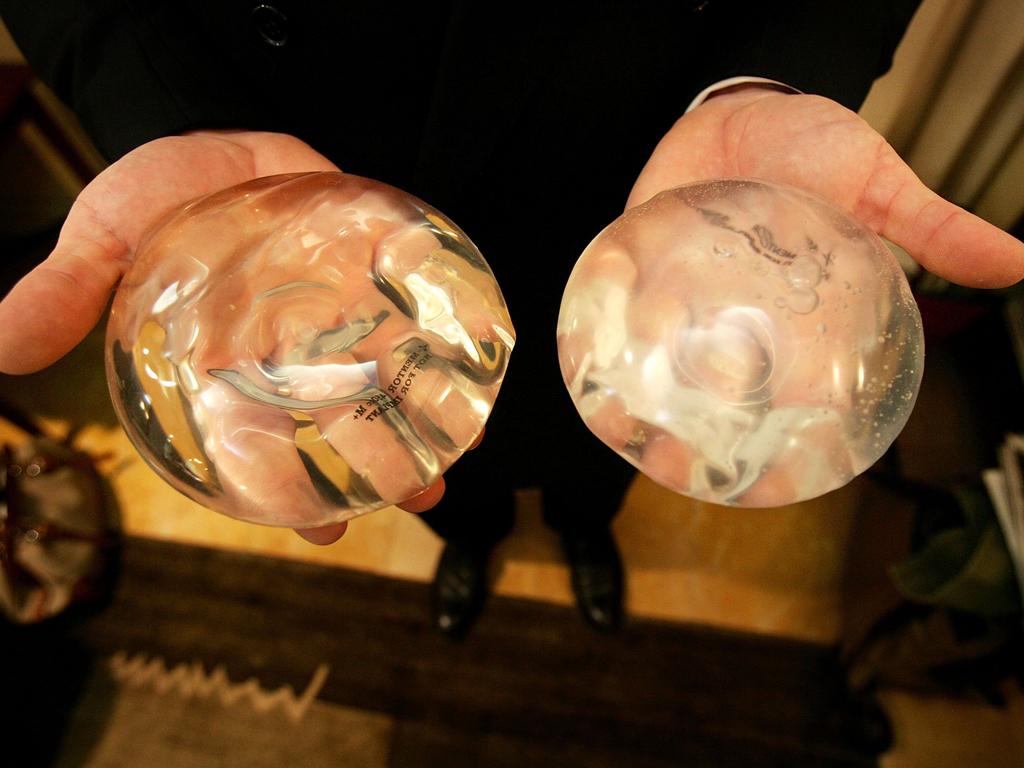Errors and Omissions: Don’t make breast implants sound more dangerous than they are
Our peerless pedant looks over this week's Independent coverage

A French company has been taken to court for supplying faulty and potentially dangerous breast implants. Our report of the case on Thursday said that the implants were “produced from industrial-grade silicon”.
Whenever you see the word “silicon”, ask yourself whether it really ought to be “silicone”. That should by now be a well-established principle among sub-editors.
It is, after all, some years since the lucrative business of exploiting women’s insecurities about their appearance extended its area of operations from clothing, diets, depilation and make-up to cosmetic surgery. We should all be well aware by now that the stuff unscrupulous surgeons introduce into women’s breasts (it beats me why anyone would think this practice any less weird than genital mutilation or Chinese foot-binding – sorry, I’ll stick to grammar and pedantry) is called silicone.
Silicone is a generic name for a variety of artificial polymers, many of which do indeed have industrial uses. One chemical component of silicones is silicon, which is a hard, silvery metalloid element. To induce people to have bits of silicon put into their bodies has so far proved beyond the ingenuity even of the woman-abuse industry. (Sorry, there I go again; better write about something else.)
Cliché of the week: This is from a comment piece published on Monday: “The assassination of Archduke Ferdinand may have been the immediate trigger for the First World War; but a Europe divided into two hostile camps was a tinderbox that was always going to explode.”
The writer of this sentence obviously does not know how a tinderbox works and what it is for. Tinderboxes do not explode. It is powder kegs that explode – that is a different cliché. A tinderbox was used for lighting fires before the invention of matches. The box contained combustible fabric – the tinder. It was lighted with a flint and steel.
Journalese: There is a well-established convention for the use of the word “Briton” in newspapers. A “Briton” is a British person who has got into trouble abroad. For instance, a news story on Wednesday told how “a coach carrying young Britons” crashed in France.
Things went wrong, however, in a picture caption, published on Monday, which reported: “Britons enjoyed the warmest day of the year so far yesterday.” No, everybody in Britain enjoyed the warm day. Some of them were foreigners.
Negative: On Monday we reported that Ed Miliband had suffered a broken wrist. The story added: “Neither the injury nor the recuperation from the procedure will not prevent him attending Lady Thatcher’s funeral on Wednesday.”
Peter Kellett wrote in from Kinlochewe to draw attention to that sentence. He is right: it contains too many negatives. Indeed, it is made up of bits from two different sentences, either of which would be all right: either “Neither the injury nor the recuperation will prevent him …” or “The injury and recuperation will not prevent him …”.

Join our commenting forum
Join thought-provoking conversations, follow other Independent readers and see their replies